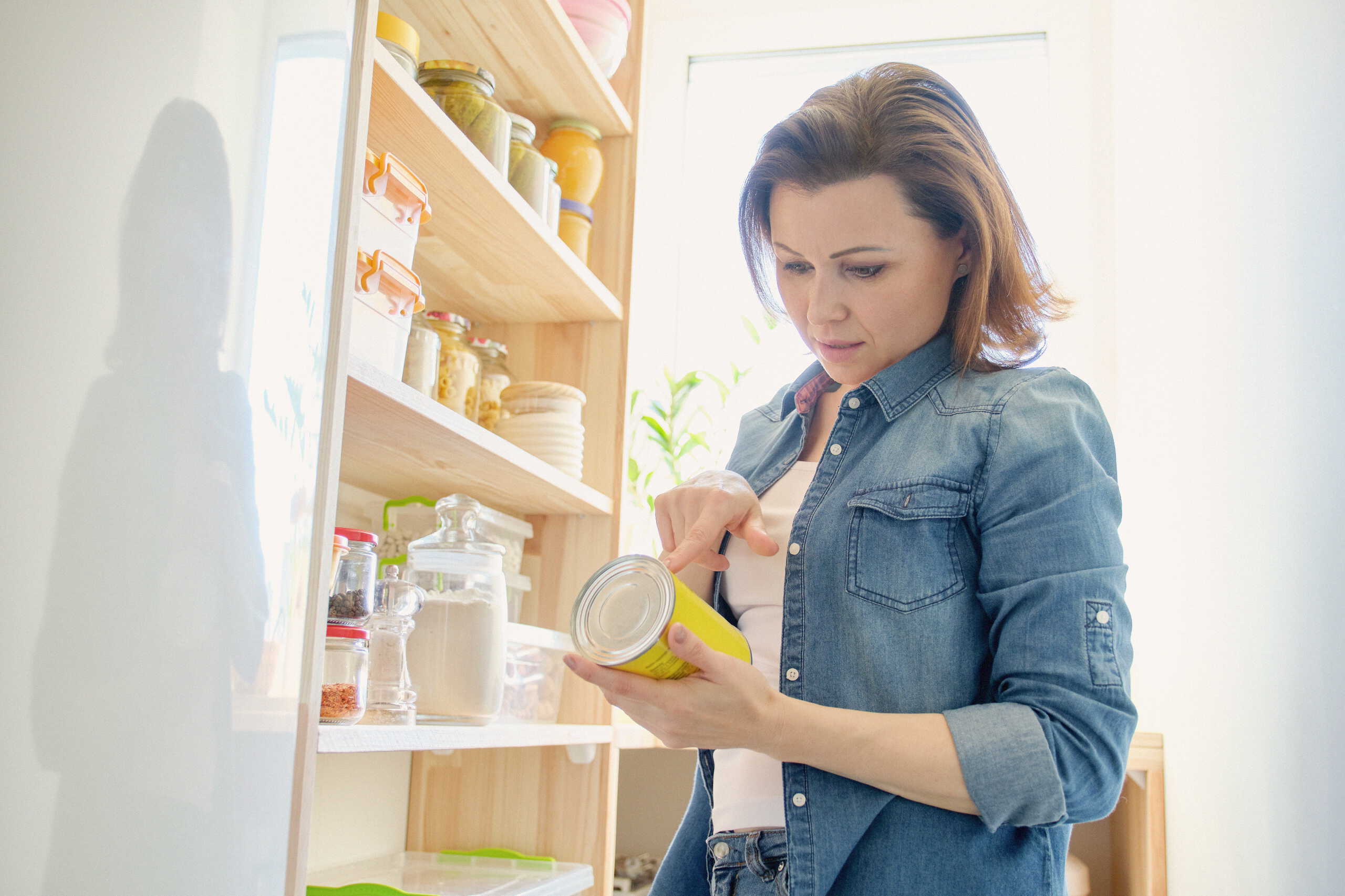Mastering understanding food labels is crucial for those who aim to lead a healthy lifestyle, especially when monitoring sodium intake.
Sodium, which is present in a variety of packaged and processed foods, can have a significant impact on your overall health, particularly in terms of cardiovascular well-being.
This guide is designed to equip you with the knowledge required to effectively navigate food labels, enabling you to make informed decisions that promote a sodium-conscious and healthier life.

How To
Make Label Checking a Routine:
- Cultivate the habit of checking food labels for sodium content.
- Pay attention to the details while shopping to lower your intake.
- Look for labels that indicate sodium content per serving.
Educate Yourself on Sodium Terms:
- It’s crucial to acquaint yourself with the vocabulary associated with sodium on food packaging to maintain a healthy lifestyle.
- Get to know the different alternatives for sodium, such as sodium chloride or monosodium glutamate (MSG).
- Knowing these terms will enable you to make sensible choices about the items you eat.
Understand Health Guidelines:
- To maintain good health, it is essential to be aware of the health guidelines regarding sodium intake.
- The World Health Organization (WHO) recommends limiting salt intake to less than 5 grams (approximately 2 grams of sodium) per day per person to prevent cardiovascular diseases, which are among the leading causes of mortality worldwide.
- Besides, it is crucial to familiarize yourself with your country’s regional standards set by health authorities.
- For instance, in Indonesia, The Regulation of the Minister of Health of the Republic of Indonesia suggests limiting sodium intake to approximately 2000 mg of sodium per day or one teaspoon salt (5 grams salt) per day per person.

Health Benefits
- Managing and monitoring sodium intake is crucial for maintaining good cardiovascular health.
- High sodium levels can lead to hypertension, which increases the risk of cardiovascular diseases.
- On the other hand, a lower sodium diet promotes heart health and overall well-being.
- In addition to cardiovascular health, managing sodium intake also plays a role in regulating blood pressure.
- Maintaining optimal blood pressure levels can reduce the risk of hypertension-related complications.
- Excessive sodium intake can strain the kidneys, leading to potential kidney-related issues in the long term.
- A balanced sodium intake supports proper kidney function and can prevent such complications.
- Furthermore, high sodium levels can cause water retention and edema.
- Managing sodium intake can help prevent excess fluid accumulation in tissues, reducing the risk of swelling and related discomfort.
References
Disclaimer
- It is intended for general informational purposes only: The information provided on BioKissed’s website and app, including but not limited to business opportunities, nutrition tips, healthy lifestyle tips, healthy lifestyle practice articles, nourishing recipes, and wellness articles (hereinafter collectively referred to as „Content“), is intended for general informational purposes only. The Content is not intended to be a substitute for professional business advice, medical advice, diagnosis, or treatment.
- It is solely at your own risk: BioKissed does not recommend or endorse any specific tests, physicians, products, procedures, opinions, or other information that may be mentioned on the website or app. Reliance on any information provided by BioKissed, its employees, contracted writers, or others appearing on the website or app at the invitation of BioKissed is solely at your own risk.
- BioKissed does not endorse or approve any views in the Content: BioKissed does not guarantee the accuracy, completeness, or usefulness of any Content, nor does it endorse any views expressed within the Content. The inclusion of any Content on BioKissed’s website or app does not imply endorsement or approval of such Content.
- You voluntarily assume all such risks: Before participating in any challenge, making significant lifestyle modifications, altering your dietary practices, or engaging in any related activities, it is advisable to assess your personal health and fitness levels. BioKissed expressly disclaims responsibility for the substances individuals choose to consume, and the company is not liable for any consequences, including those related to food allergies, resulting from such choices. By choosing to participate in any challenge, you acknowledge and agree that any such activities carry inherent risks, and you voluntarily assume all such risks, even if they arise from the negligence of BioKissed, its affiliates, or its members.
- BioKissed and its content providers disclaim any responsibility or liability for consequences: BioKissed and its content providers assume no responsibility or liability for any consequence relating directly or indirectly to any action or inaction you take based on the information found on or through BioKissed’s website or app.
- Read more
